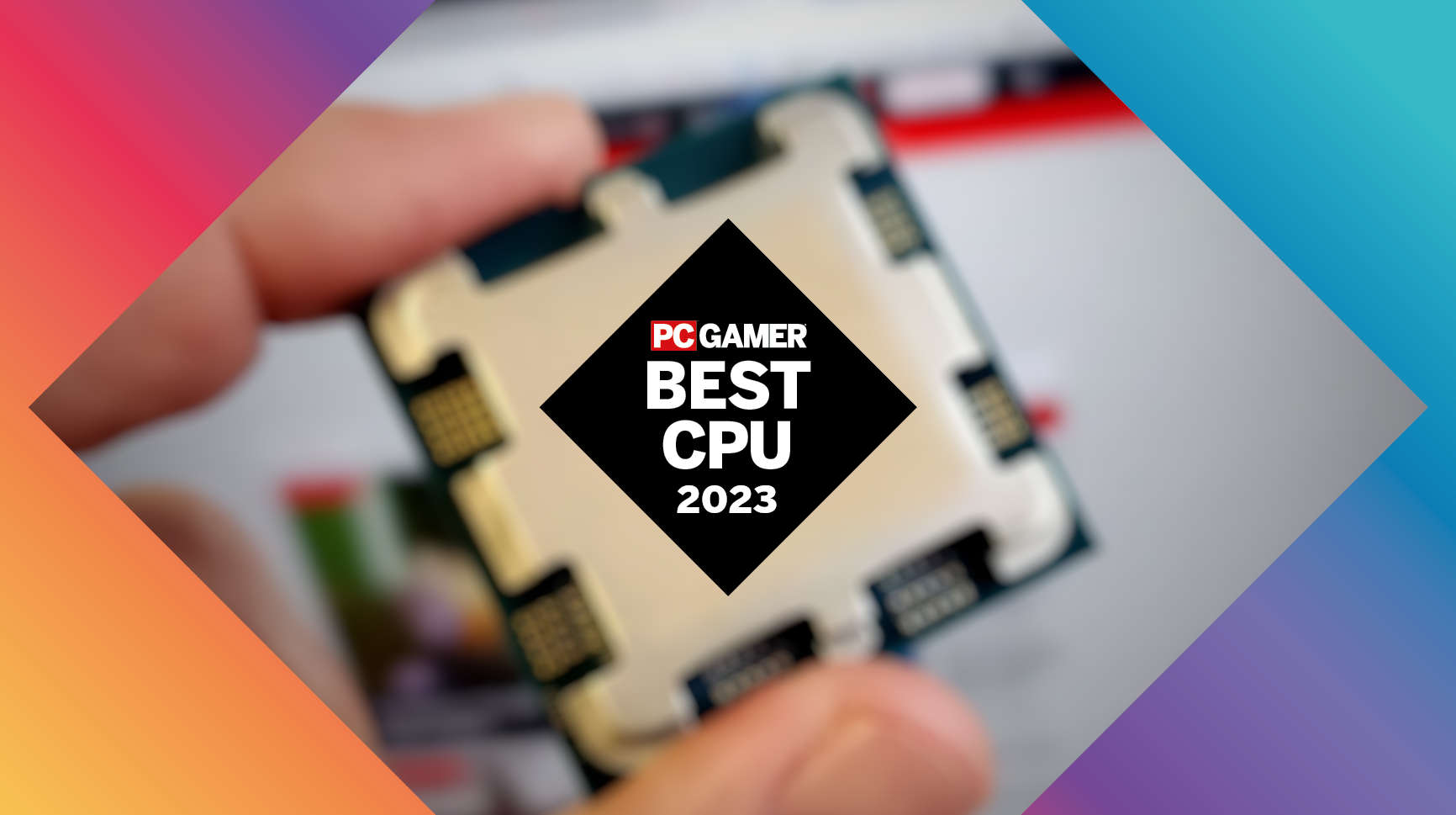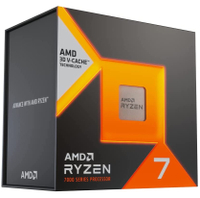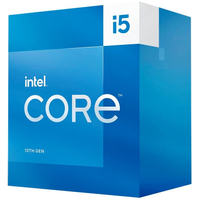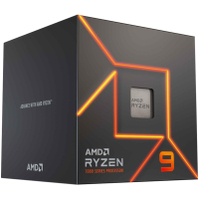PC Gamer Hardware Awards: The best CPUs of 2023
What's the best gaming CPU of the year? Here are the three nominees we've selected for that honour.

Modern CPUs are all so good that we're the winner here, not the hardware. No matter what budget you have, you'll easily find a processor that will suit you just fine. It's the same if you want something just for gaming, a chip that's more versatile, or if you need a CPU to power through any content creation task.
That said, we're still waiting for the perfect processor. Some might be incredible for gaming but suck up mountains of power, where others only work great with the very latest operating systems or need additional software to reach its full potential.
There were three new releases this year that genuinely made us think that they were as close to being perfect as you can get right now. Three CPUs that are simply brilliant at what they do. Three chips that we'd recommend anyone should buy, because we know you won't be disappointed.
There can only be one winner of our coveted PC Gamer Hardware Award for best gaming CPU in 2023, though, but which one of the three do you think it will be? Check out the nominees below and see which takes the crown when we announce the winner on New Year's Eve.
Best CPU 2023: the nominees
AMD Ryzen 7 7800X3D
It was no joke when AMD released this CPU in April, as it was blatantly clear that this was the best gaming processor that the chip giant had ever made. At face value, it was just another eight-core, 16-thread CPU and it even had lower clocks and a higher power consumption that its cousin, the Ryzen 7 7700X.
That '3D' part made all the difference, of course. An extra 64MB slice of L3 cache, bonded to the rest of the die, to give a total cache amount of 96MB. For games, it was like flicking on a turbo switch. Until you've tried a CPU with AMD's 3D V-Cache, it's a little hard to believe how much difference it actually makes.
Even the high launch price no longer matters, as it's frequently reduced to around $360. The total focus on gaming means it's less of an ideal chip for content creation and there are cheaper mid-range CPUs that come pretty close to it in many games.
Read our AMD Ryzen 7 7800X3D review.
Intel Core i5 13400F
This little gem is routinely under $200 at retailers and you're getting so much CPU for that money. Six P-cores that can hit 4.6GHz, plus another four E-cores, give a total of 16 threads. Sure, the performance across those threads won't be identical due to the differences between the cores, but for a budget gaming processor, it won't matter.
The clock speeds aren't unlocked, so you won't be doing any overclocking, and there's no integrated GPU. But all of that helps keep the power demand under control and compared to other 13th gen Core models, it's pretty lightweight when it comes to energy demand.
If you're looking to do budget content creation work, then the similarly priced AMD Ryzen 5 7600 is a better bet. However, if you just want a cheap gaming powerhouse, the Core i5 13400F tops the list. It was an easy choice for the list of nominees.
Read our Intel Core i5 13400F review.
AMD Ryzen 9 7900
This is the processor I would buy, if it was my money. The reasons are simple: It's not significantly slower than the 7900X but it uses way less power, so it's easier to keep cool and cheaper to run.
And boy does it run well thanks to 12 cores, 24 threads, and a boost clock of 5.4GHz. If you think that's a little on the low side, then just overclock it: AMD doesn't limit the ability to do that on its Ryzen processors.
Naturally, there are better CPUs for outright gaming or content creation, and there are much cheaper ones, too. Its biggest problem, though, is the Ryzen 9 7900X is generally a lot cheaper and its high power consumption can be reduced by running in Eco mode.
As I said, there's no such thing as a perfect CPU!
Read our AMD Ryzen 9 7900 review.
The biggest gaming news, reviews and hardware deals
Keep up to date with the most important stories and the best deals, as picked by the PC Gamer team.

Nick, gaming, and computers all first met in 1981, with the love affair starting on a Sinclair ZX81 in kit form and a book on ZX Basic. He ended up becoming a physics and IT teacher, but by the late 1990s decided it was time to cut his teeth writing for a long defunct UK tech site. He went on to do the same at Madonion, helping to write the help files for 3DMark and PCMark. After a short stint working at Beyond3D.com, Nick joined Futuremark (MadOnion rebranded) full-time, as editor-in-chief for its gaming and hardware section, YouGamers. After the site shutdown, he became an engineering and computing lecturer for many years, but missed the writing bug. Cue four years at TechSpot.com and over 100 long articles on anything and everything. He freely admits to being far too obsessed with GPUs and open world grindy RPGs, but who isn't these days?




